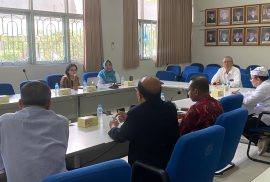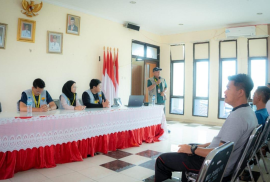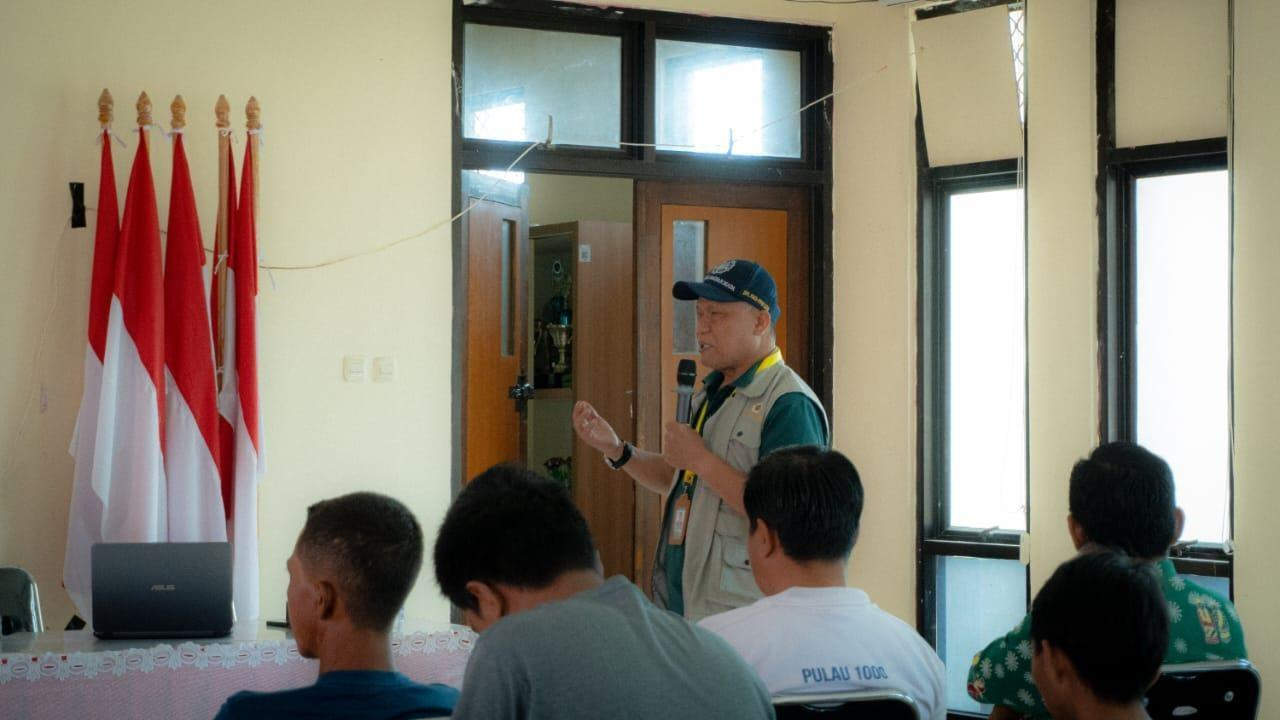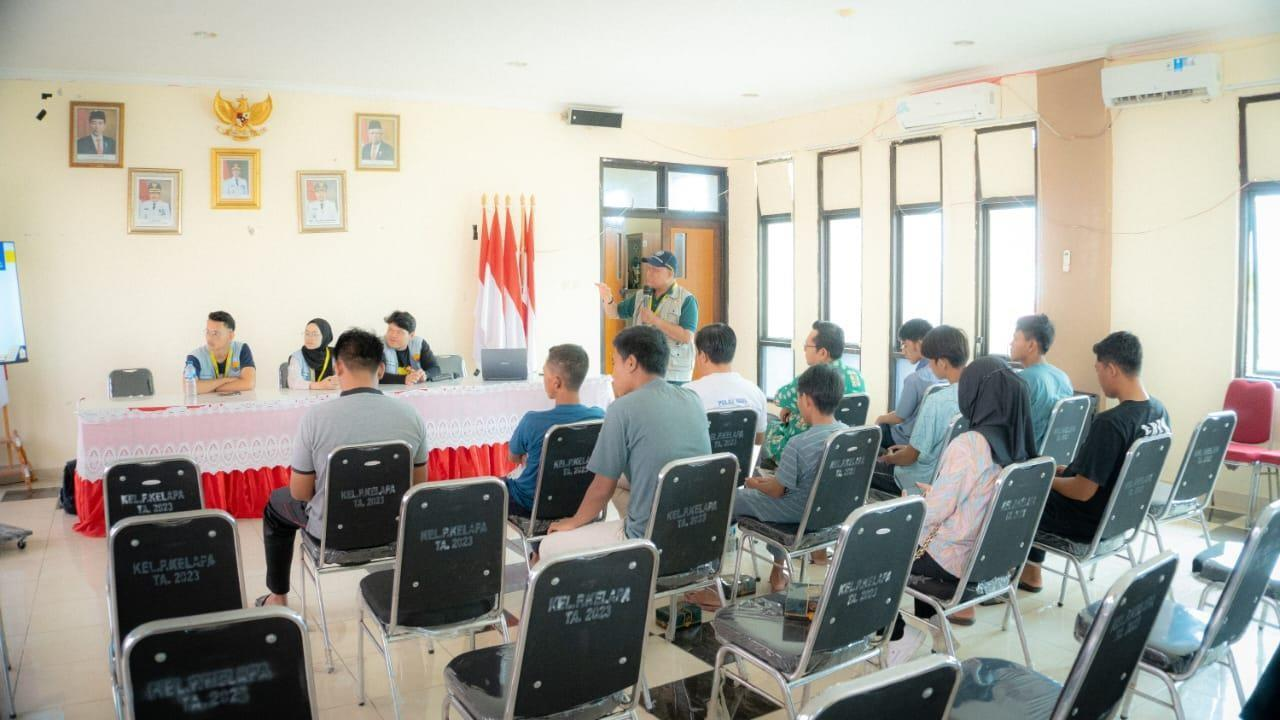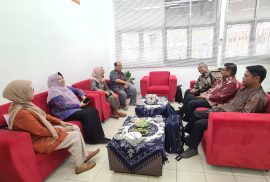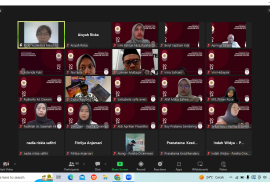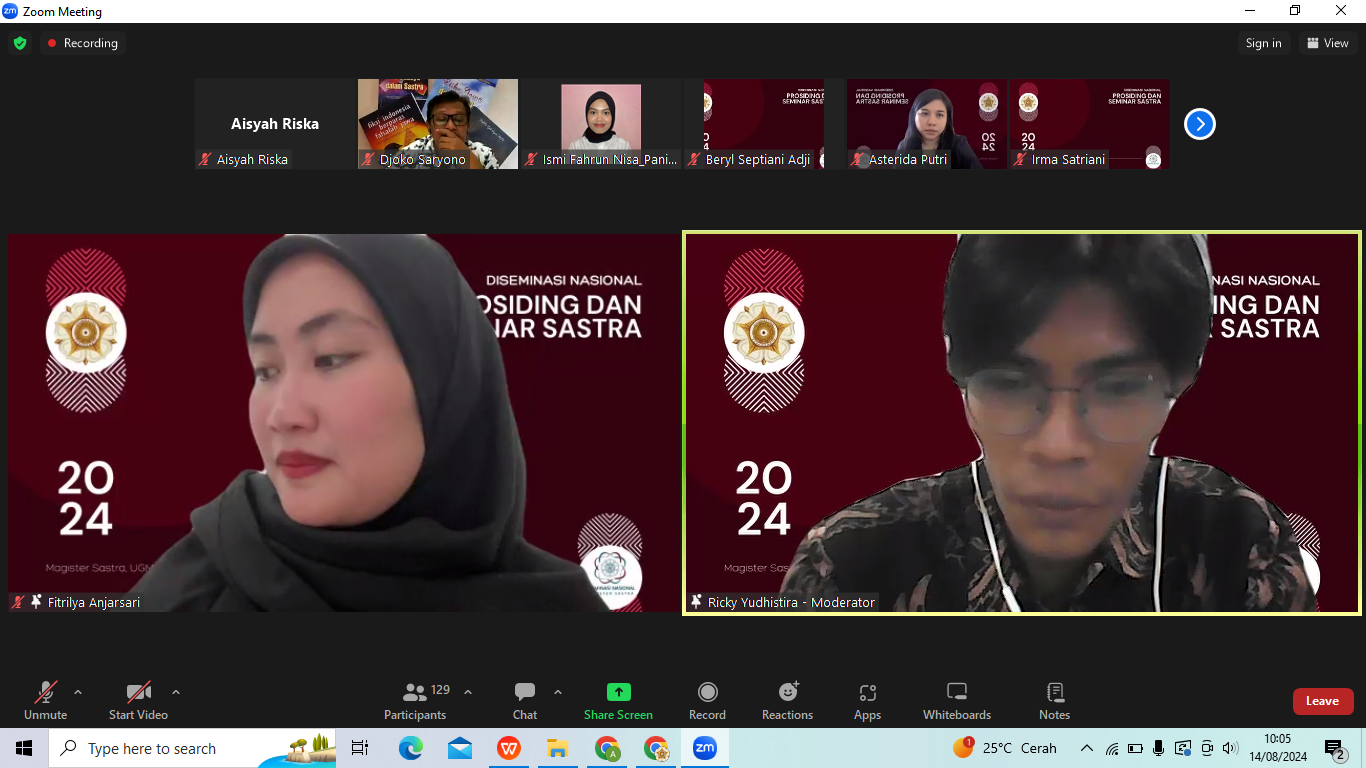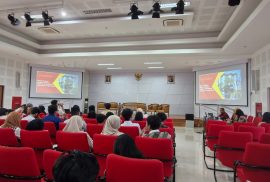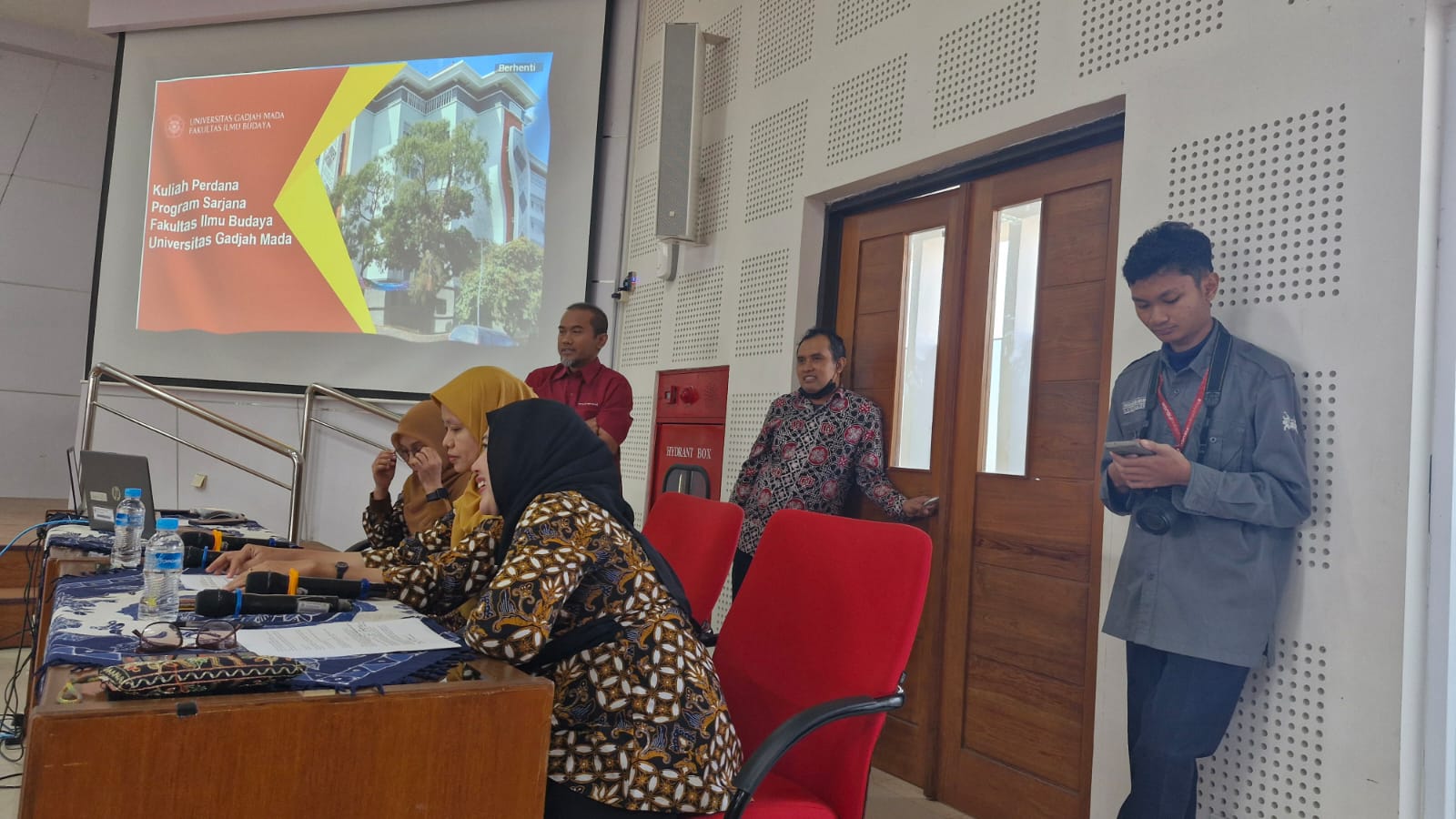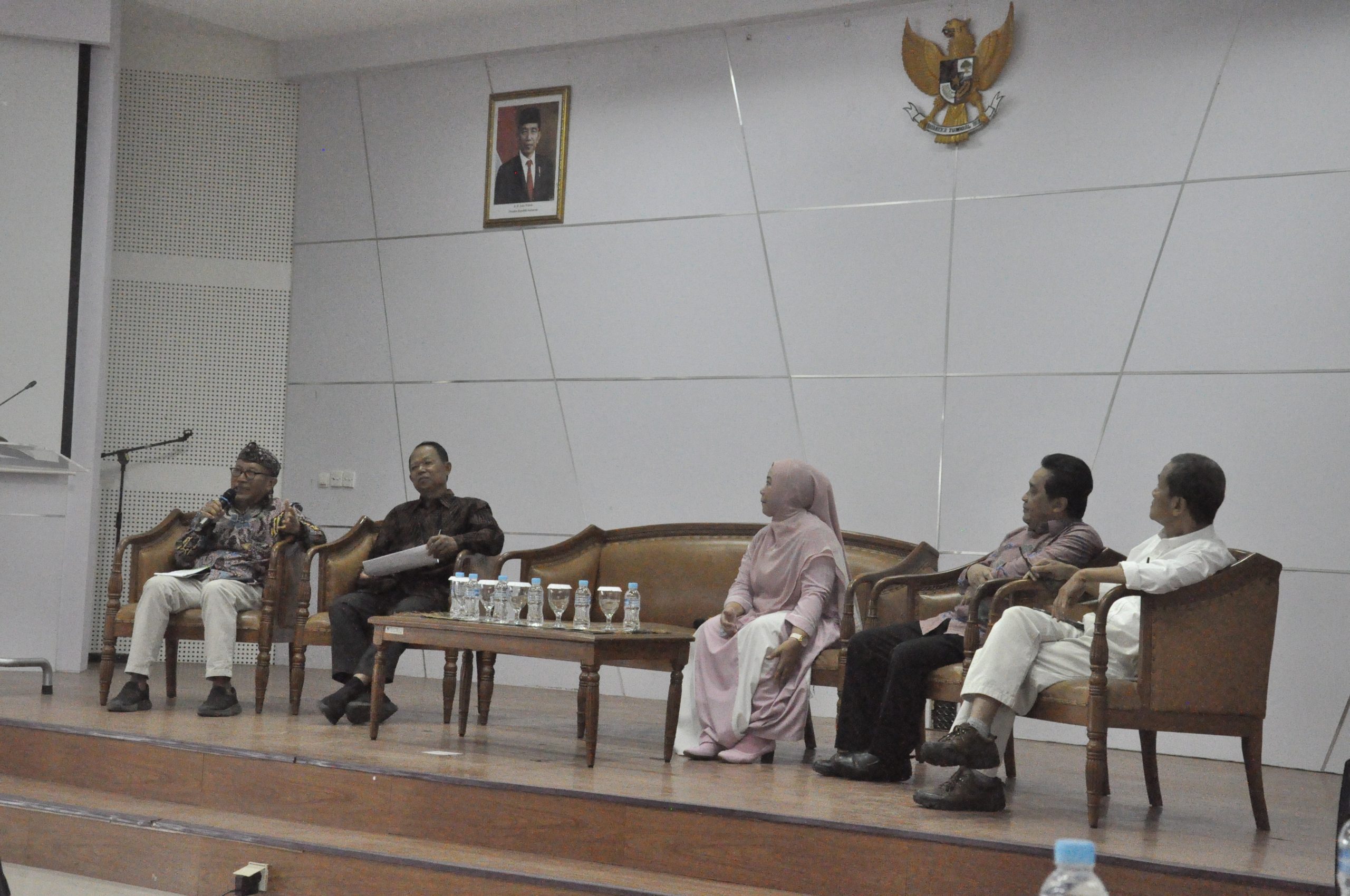Yogyakarta, August 26, 2024 – Faculty of Cultural Sciences Universitas Gadjah Mada (FIB UGM) held a meeting with the Linguistics Master Program of Nusa Cendana University (Undana) on Monday, August 26, 2024. The meeting took place from 10:00 a.m. to 12:00 p.m. in Conference Room 1, Poerbatjarakan Building 1st Floor, Faculty of Cultural Sciences UGM.
This event aims to provide input to the Undana Linguistics Master Program regarding strategies and best practices in building and managing a quality Linguistics Master Program. Present at this meeting were representatives from FIB UGM consisting of: Dr. Nur Saktingrum, M.Hum., Dr. Suhandano, M.A., Dr. Sailal Arimi, M.Hum., Dr. Sajarwa, M.Hum., and Dr. Ramayda Akmal, M.A. Meanwhile, from Undana, there were also representatives who came all the way from Kupang, NTT: Dr. Sebastianus Fernandez, M.Pd., Dr. Jermy Balukh.
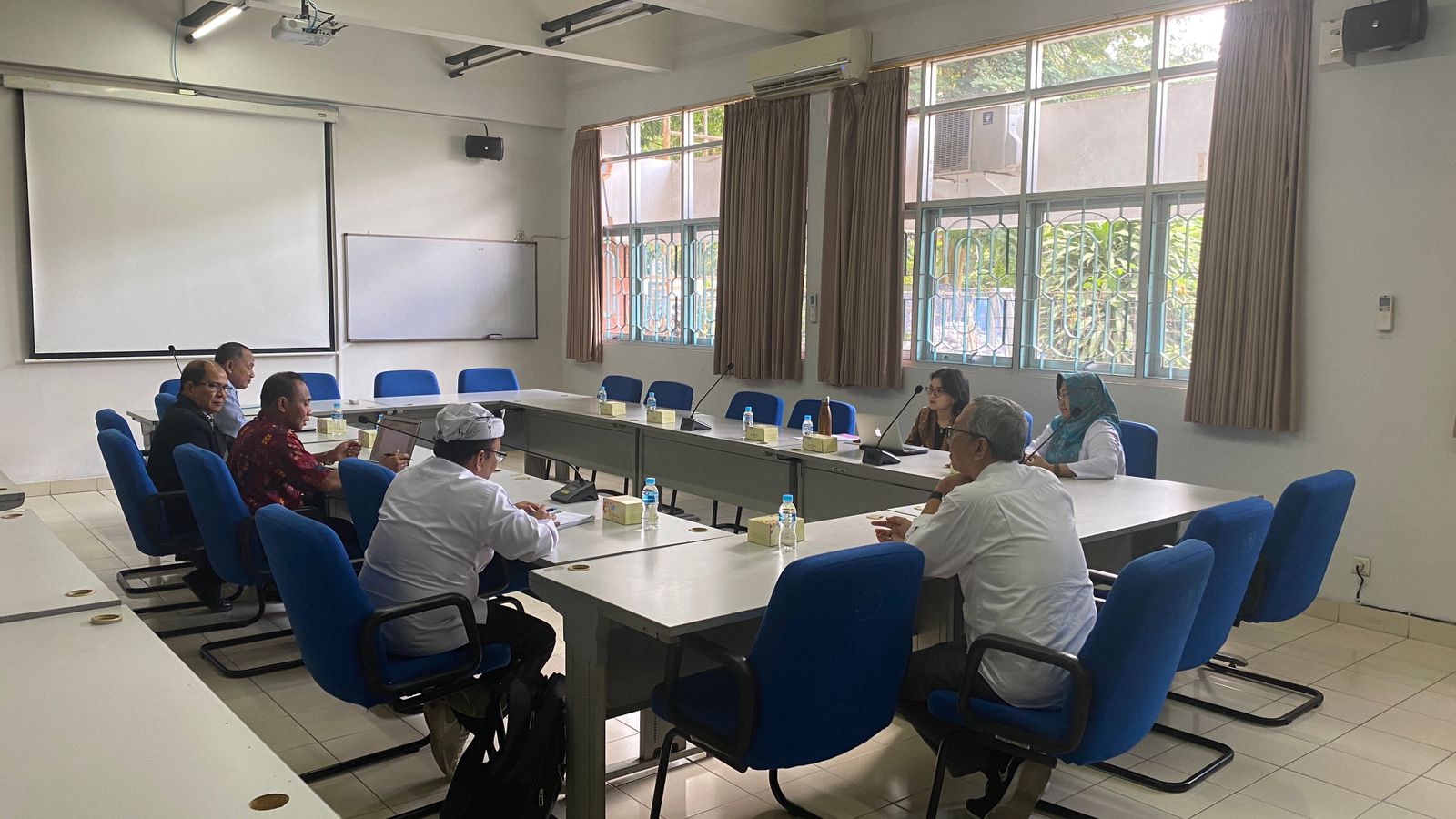
In this meeting, the representatives of FIB UGM shared their experiences and insights on how to develop an excellent Master of Linguistics program, including tips and tricks to attract more enthusiasts. The discussion covered various aspects such as curriculum development, innovative teaching methods, and effective promotion strategies.
The meeting is expected to provide valuable guidance and strengthen cooperation between the two institutions for the development of linguistics education in Indonesia. Thank you to all participants for attending and contributing to this constructive discussion.

